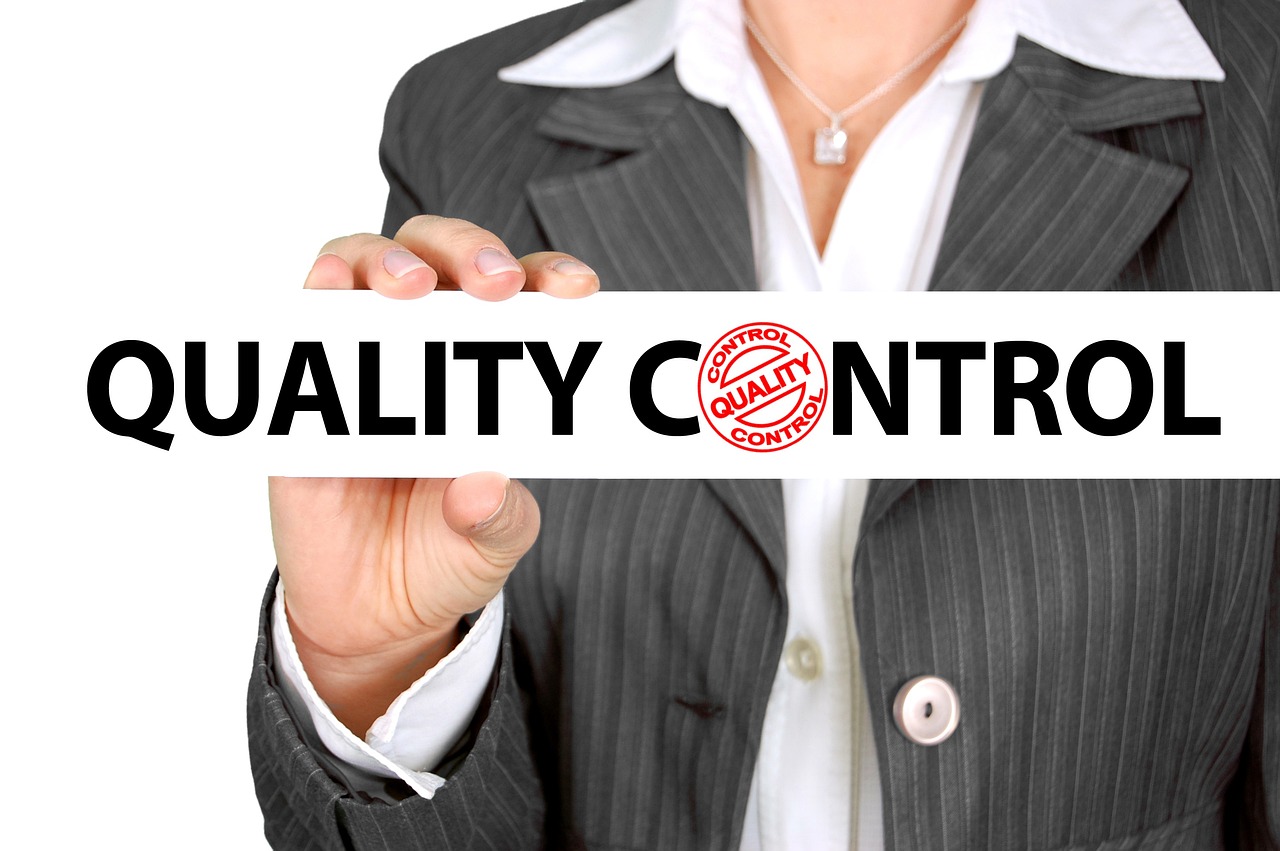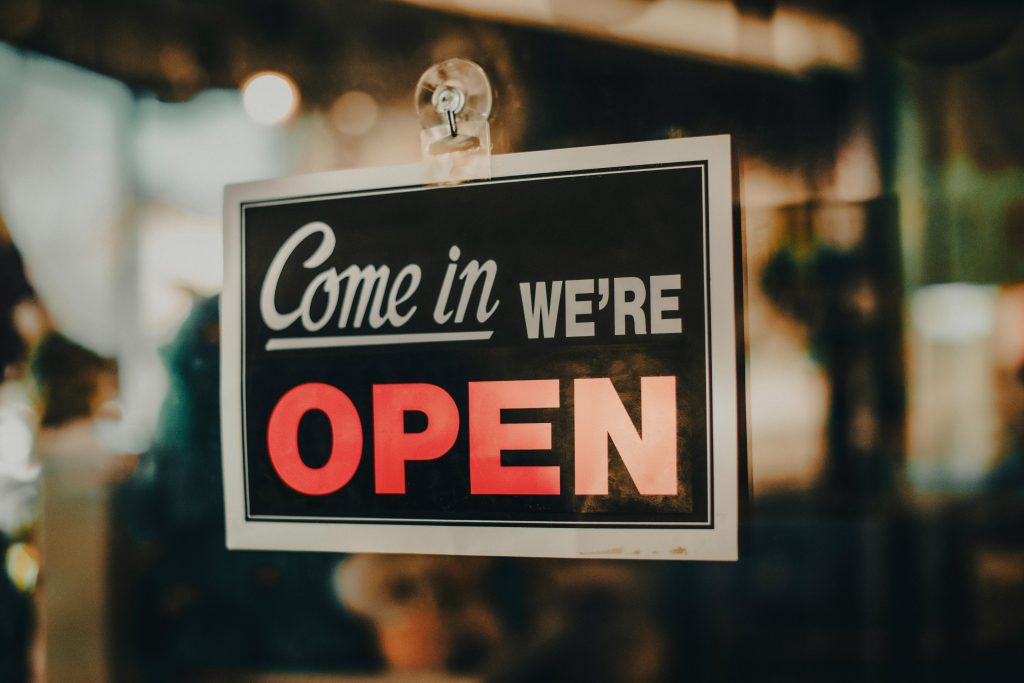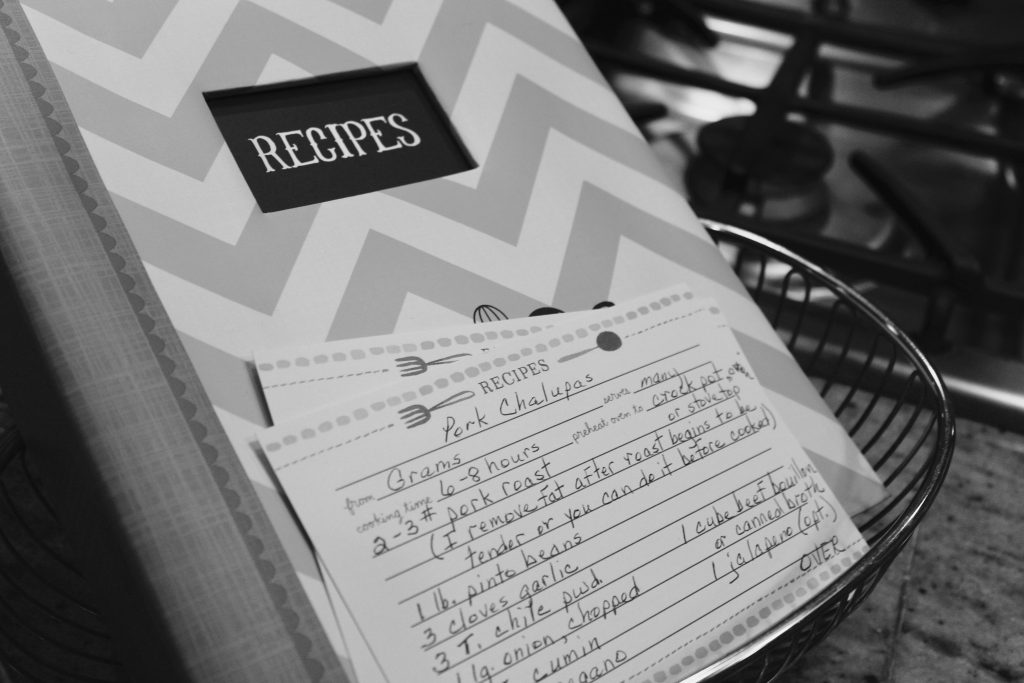62% of the population in Malaysia is Muslim, and to cater to those customers, you need to become a halal-certified restaurant. Though not mandatory, it is important to increase your customer base. In this blog, you will learn about how you can get a halal certificate for your restaurant, how much expenditure you need to make, all the legal bodies that provide a Halal Certification, and the requirements that your restaurant needs.
What Are the Halal Certifying Bodies in Malaysia?
In Malaysia, the halal certification process is governed by the Department of Islamic Development Malaysia (JAKIM). This is the country’s main halal certifying body. JAKIM has the authority to issue certification for restaurants, food products, and manufacturing companies. Additionally, each state also has its Islamic religious department that may assist in the process.
How Much Does It Cost to Get Halal Certification in Malaysia?
The halal certification price in Malaysia depends on the size of your restaurant and the complexity of your operation. For small to medium-sized restaurants, the certification process generally costs between RM 1,000 to RM 1,500 (USD 215 to 325). This includes application fees, audits, and training costs. However, additional charges may apply depending on the type of ingredients you use and the number of suppliers you have.
What Are the Requirements for Halal Certification?
To get halal certification in Malaysia, you need to meet several requirements. Here’s a breakdown of what you need to ensure before applying:
- Use Halal Ingredients
Your ingredients must comply with halal standards. This includes halal meat (with a halal meat certificate), approved additives, and oils. Any form of pork, alcohol, or non-halal-certified products are strictly prohibited. - Halal Preparation Methods
All equipment, utensils, and kitchenware must be used only for halal food. Mixing halal and non-halal items is not allowed. This includes storage spaces like freezers and refrigerators. - Proper Hygiene and Safety Practices
Cleanliness is important. The Malaysian halal certification process ensures that your kitchen follows hygiene standards according to both Islamic law and general food safety regulations. - Muslim Staff in Critical Positions
Muslims must hold certain key positions in the kitchen, particularly where critical decisions are made regarding halal food preparation. - Clear Record-Keeping
You’ll need to maintain clear records of your supply chain and ingredient sources. This is important for audits and inspections during the certification process.
Step-by-Step Process to Get Halal Certification in Malaysia
Let’s break down the process to get halal certification for your restaurant:
- Register Your Business
First, ensure that your business is registered with the Companies Commission of Malaysia (SSM) or other appropriate bodies. - Submit an Application to JAKIM
You can submit your halal certification application through the MyeHalal portal, which is JAKIM’s online system. Along with your application, you’ll need to provide documents like your business registration, menu list, and ingredient sources. - Review of Documentation
JAKIM will review your documents to ensure you meet the halal certification requirements. This includes checking ingredient sources, suppliers, and processes. - Inspection and Audits
After reviewing your documents, JAKIM will schedule an inspection of your restaurant. They will visit your kitchen, inspect the storage, and ensure that your preparation methods align with halal standards. - Halal Training for Employees
JAKIM offers halal training courses for your staff. This training is required to help your team understand how to maintain halal compliance. - Receive the Certification
If your restaurant meets all the requirements and passes the inspections, JAKIM will issue your halal certificate. This certification is valid for two years, and you must renew it before it expires.
How Long is the validity of a Halal Certificate in Malaysia for Restaurants?
Keep in mind that halal certification isn’t permanent. You’ll need to renew it every 2 years. You need to submit a renewal application 3 months before the expiry. Following this, JAKIM will conduct follow-up audits to ensure that your restaurant still meets halal standards. If your processes or suppliers change, you’ll need to update this information with JAKIM.
In summary, getting halal certification for your restaurant in Malaysia is a valuable step toward building trust with your customers, especially in a predominantly Muslim country. By ensuring that your ingredients, preparation methods, and business operations are compliant with Islamic law, you’ll not only attract Muslim diners but also set a higher standard of quality. Once you sort out your cleanliness and hygiene part, apply at the My e Halal Portal apply for the certificate. The process may seem long, but once certified, it opens up many opportunities for growth in the market.




